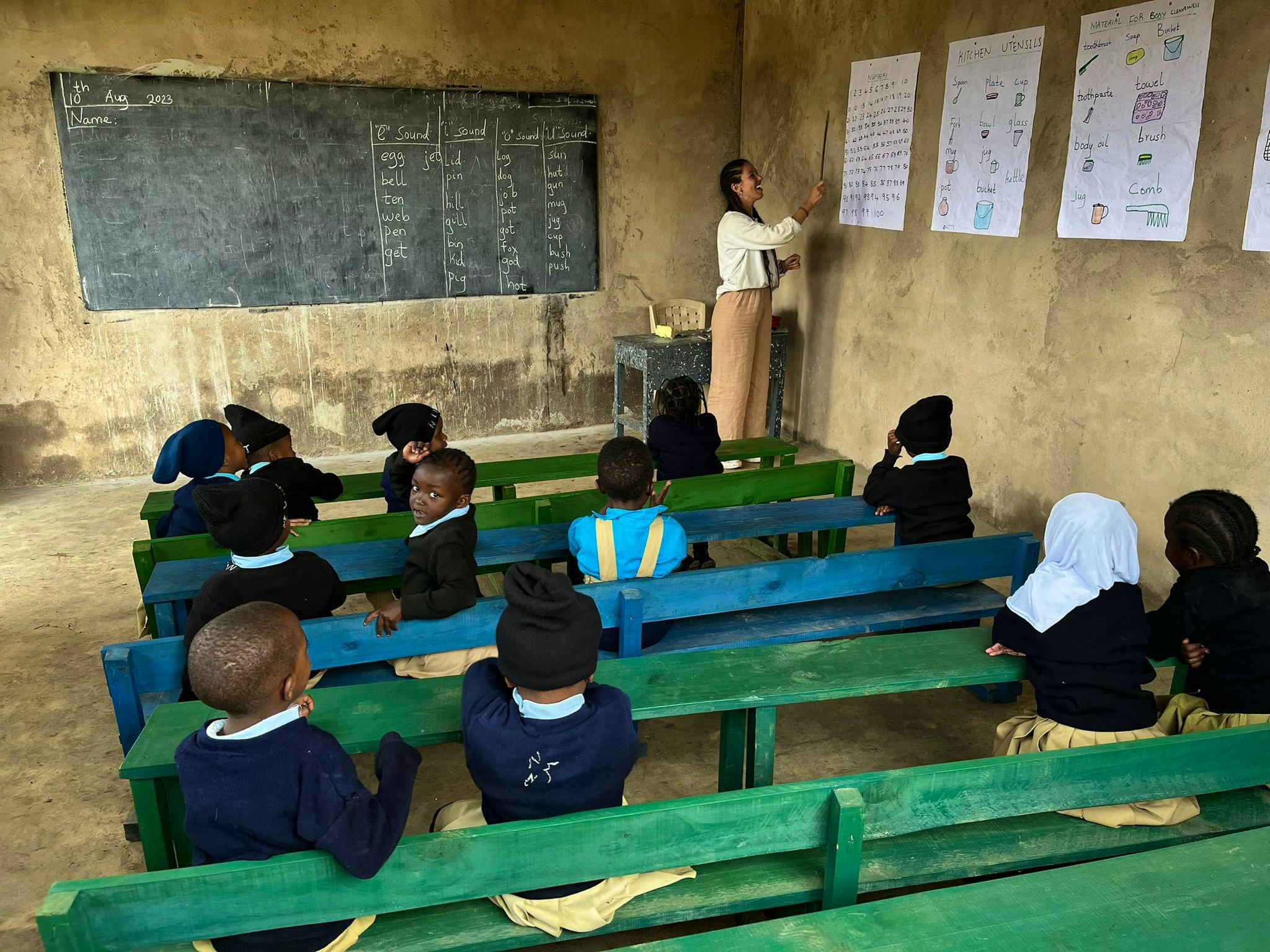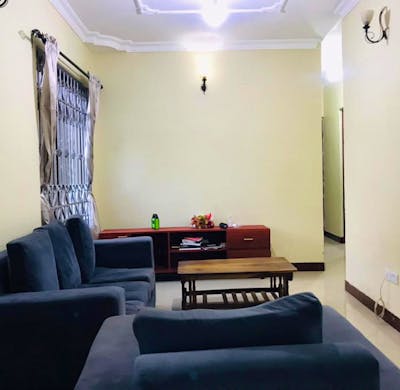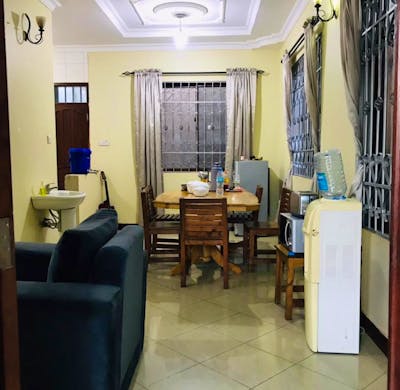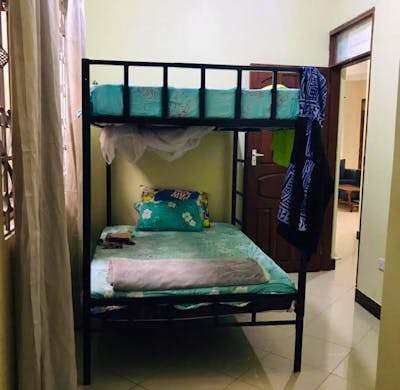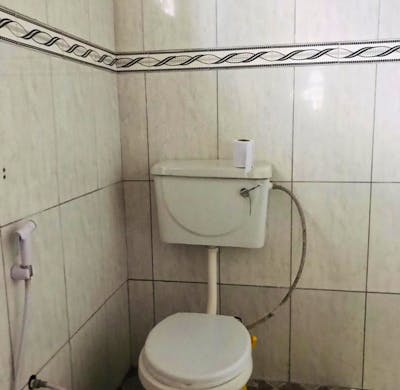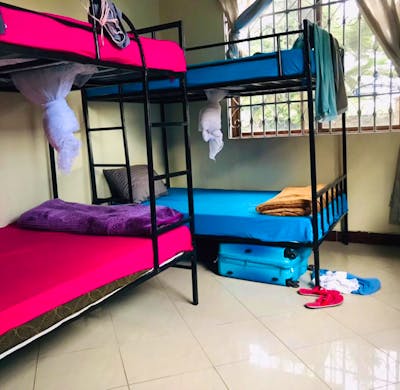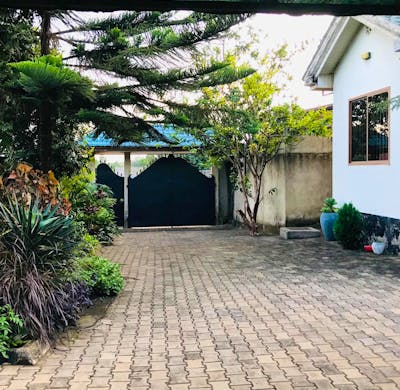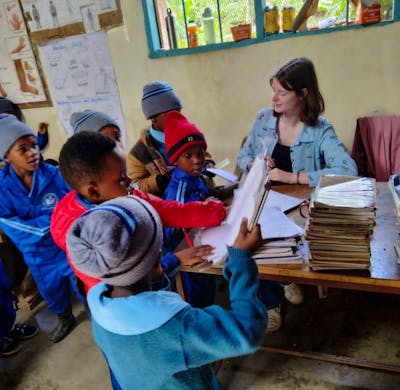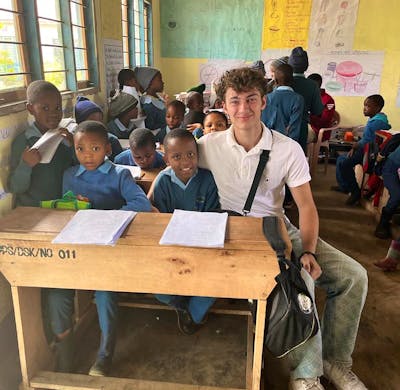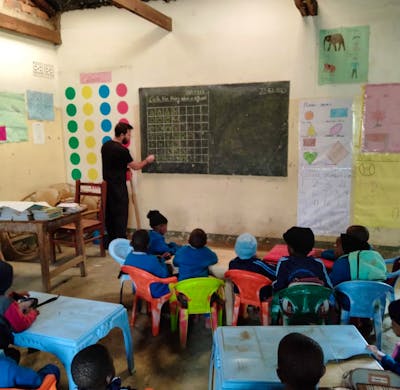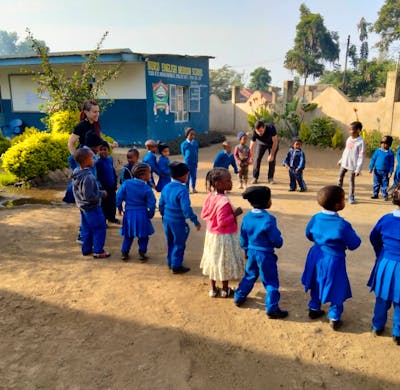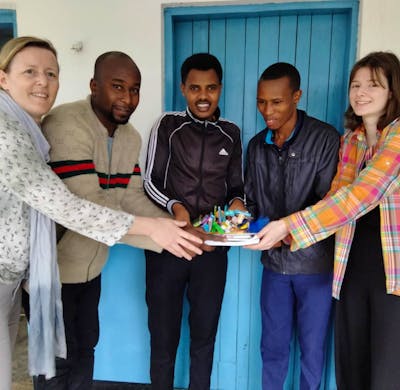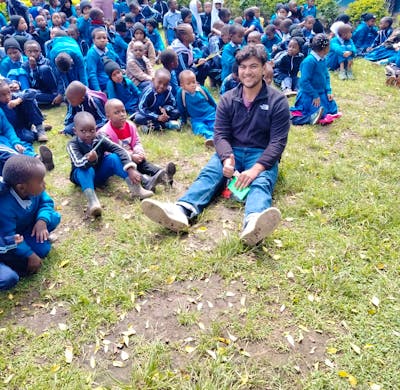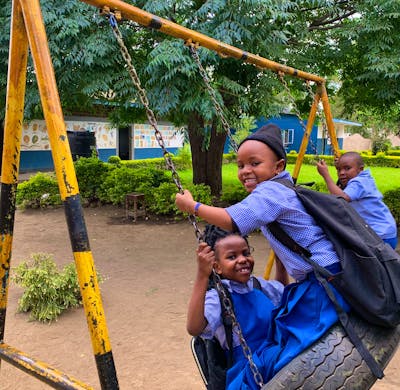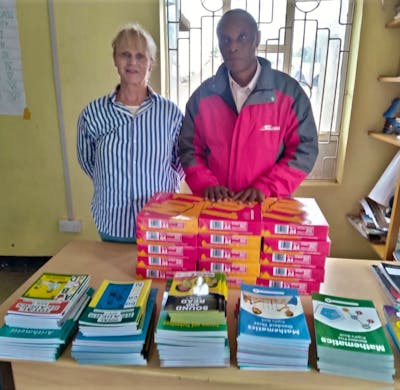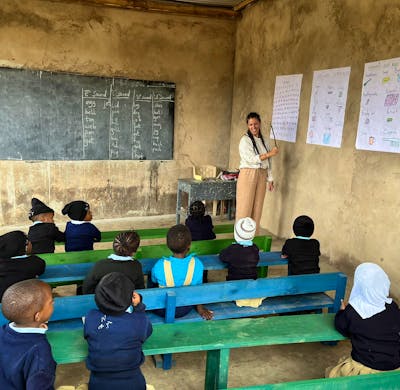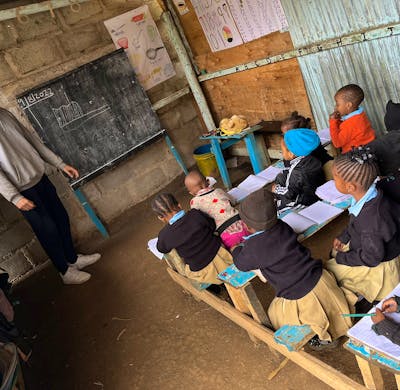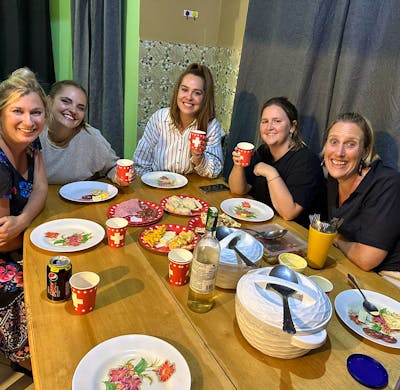In the Teaching program, volunteers are usually placed in Primary or Secondary schools in Arusha that need support. Education is highly valued in Tanzania; children do enjoy education, especially in the presence of volunteers. Schools are often under-funded as not all children can afford tuition fees, school uniforms, food, and school material. Often you will find schools with poor teaching facilities, some without running water and electricity.
As a volunteer you may engage with classroom activities such as Teaching, checking and marking homework, supporting teachers with their preparations, and more. If you are confident in teaching, you may also teach by yourself according to the syllabus. Subjects usually vary from English, Mathematics, Science, Social Studies, and more. A class may contain up to 30 children.
As you will be working alongside local coordinators and the teachers, you will not need to be a qualified teacher for this program. However, some experience in teaching and managing a large number of children may be valuable. Sound English and communication skills are recommended for the teaching project.
If you are passionate about teaching children, this project will be perfect for you. The gratitude and appreciation from the children is unparalleled and you may find yourself receiving more energy from the children!
VISA & PROGRAM FEE:
The program fee covers your Airport pickup, Accommodation and Meals during your stay. And also a charitable donation from your program fee is given to the center; We do this on your behalf, to continue taking part in further developing the center.
After we have confirmed your program fees, we will send you the invitation letter and NGO Certificate. These documents will be required when applying for your visa. You will also send us a Copy of your Passport and your CV.
EXTRA FEE:
In this program, there is a small contribution of $50 that you will give to the center when you arrive, to help them in their needs. But if you wish to do more for the center, you can just include it in your planning, you don’t have to give again the contribution.
SUMMARY: PROGRAM FEE + EXTRA FEE + VISA.
What to Expect
Given the project activities, it is better to approach this project with limited expectations as the schools have different work conditions. Any activity can be assigned to any volunteer. If you are confident enough to teach and you have familiarized yourself with the Tanzanian curriculum, you may teach with supervision or alone in accordance with the syllabus at hand. Expect to be proactive and prompt, as the experience will be out of your comfort zone. In the case of inadequate resources, You will need to apply initiatives that would satisfy the particular situations. Expect to learn, be challenged, and to experience a sort of fun you have never known while engaging with the children and the people.
What NOT to Expect
Limit your expectations; the work is fulfilling but not easy, as our conditions in Africa derive unique approaches to everything. Schools are often underfunded and even though they accommodate all students, not all of them can afford the other fees required for lunch and development contributions. This derives the lack of adequate teaching facilities and services like water and electricity. We encourage you to be proactive and embrace the norms as part of a learning experience, and ensure that the locals learn from you as well.
What are the Teachers like?
All schools are different. Some have enough qualified teachers and some don’t. Some teachers are more accepting in involving volunteers, whereas others are reluctant. There are barriers to communication such as language and experience. The focus is not to ignore each other but to work together, share your knowledge, skills, applicable resource utilization, and teaching strategies. The teachers will also share with you the Tanzanian curriculum and syllabus to help you prepare your lessons.
Participate in lesson planning, teaching, and create relationships with the teachers as they are friendly and love that you are there to work alongside them. When allowed to teach, use your platform to share knowledge and experience as best as you can, while involving the teachers so they can broaden the level of understanding of the students. Do not let the teachers delegate all the work to you; it’s a supportive role. Work alongside them, the first days are for observation, so you can see also how they teach. The supportive role you play as a volunteer is temporary, so make sure you instill the right skills, knowledge, and expertise to the placement assigned as a legacy to learning.
What are the Children like?
The children are amazing and are very fond of volunteers as they participate in lessons, extracurricular activities, and games very willingly. The children come from different households and backgrounds; they are all unique. New experiences and learning from a teacher that has a different background can provide new substance that inspires their learning interest.
Duties and Tasks
Volunteers will be assisting and teaching, depending on what you are comfortable doing. These activities range from lesson planning, marking books to playing games, assisting and socializing with the children. Some volunteers prefer to be hands-on in their placements and can broaden their activities to outside the classroom such as gardening, renovations and painting within the school premises. The volunteers should be present at their placements from Monday to Friday within school hours. If not, be sure to inform your placement and volunteer coordinators beforehand.
Challenges
Culture differences, specifically the different approaches to life.
Language barrier, as not everyone in the community can comprehend English.
Different living conditions (for example: the weather, availability of basic resources such as water and electricity, consumer goods and distance to services).
Transportation (inadequate transport especially in the rural areas, bumpy rides while traveling with motorcycle 'boda boda' and congested public buses 'dala dala')
High Expectations: With high expectations, it is easy to be disappointed by the lags and reluctance to be involved, especially with impatience to reach perfection.
Positives
Attain new skills and experiences to further your profession.
Arusha is a beautiful tourist city with much to appreciate. The people are welcoming, and the landscape and scenery are magnificent. Having both historical and natural places to visit; Take the opportunity to travel and socialize on the weekends. There are many spots for leisure and fun.
THINGS TO BRING, DONATIONS, SPONSORSHIPS
What can I bring?
Donating and sharing is appreciated. There are many needs due to the limited resources schools have ranging from stationeries and books to school facilities and other requirements. You can also do a fundraiser with friends to solve a challenge at the school you will be at.
Can I Sponsor a child’s education?
Yes you can, and the options are flexible depending on your ability! In the schools we place our volunteers, some of the students have been unfortunate to lose a parent, in most cases the provider; or both. These children become victims, facing hardships in their education such as lacking school fees, uniforms, school materials as they cannot provide for themselves. These children are likely to be expelled from the school, a situation that makes them become street children.
Personal Things to Bring
Those for your personal use like decent clothes, sunscreen, soap, towels, slippers, perfume, torch, nail cutter etc.
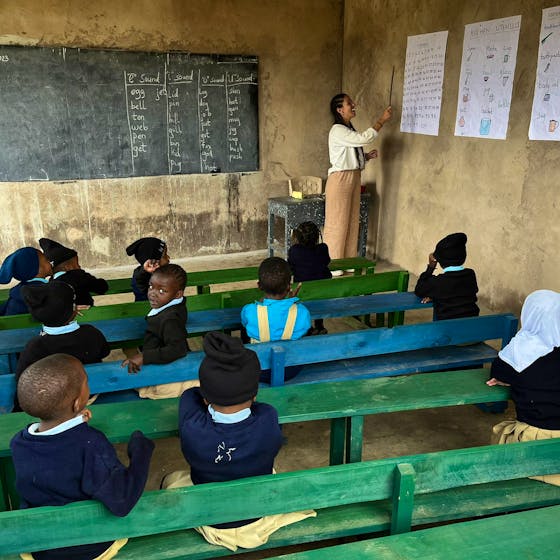
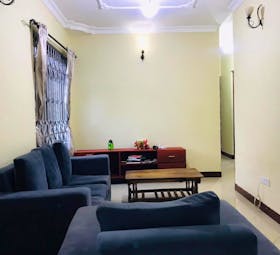
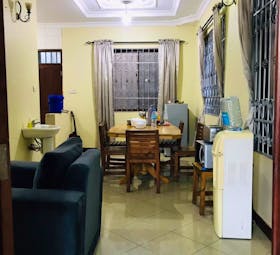
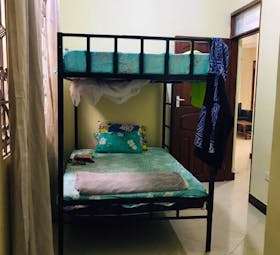
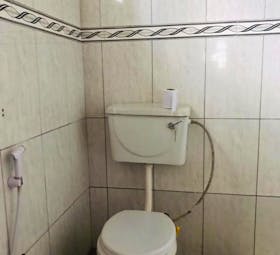
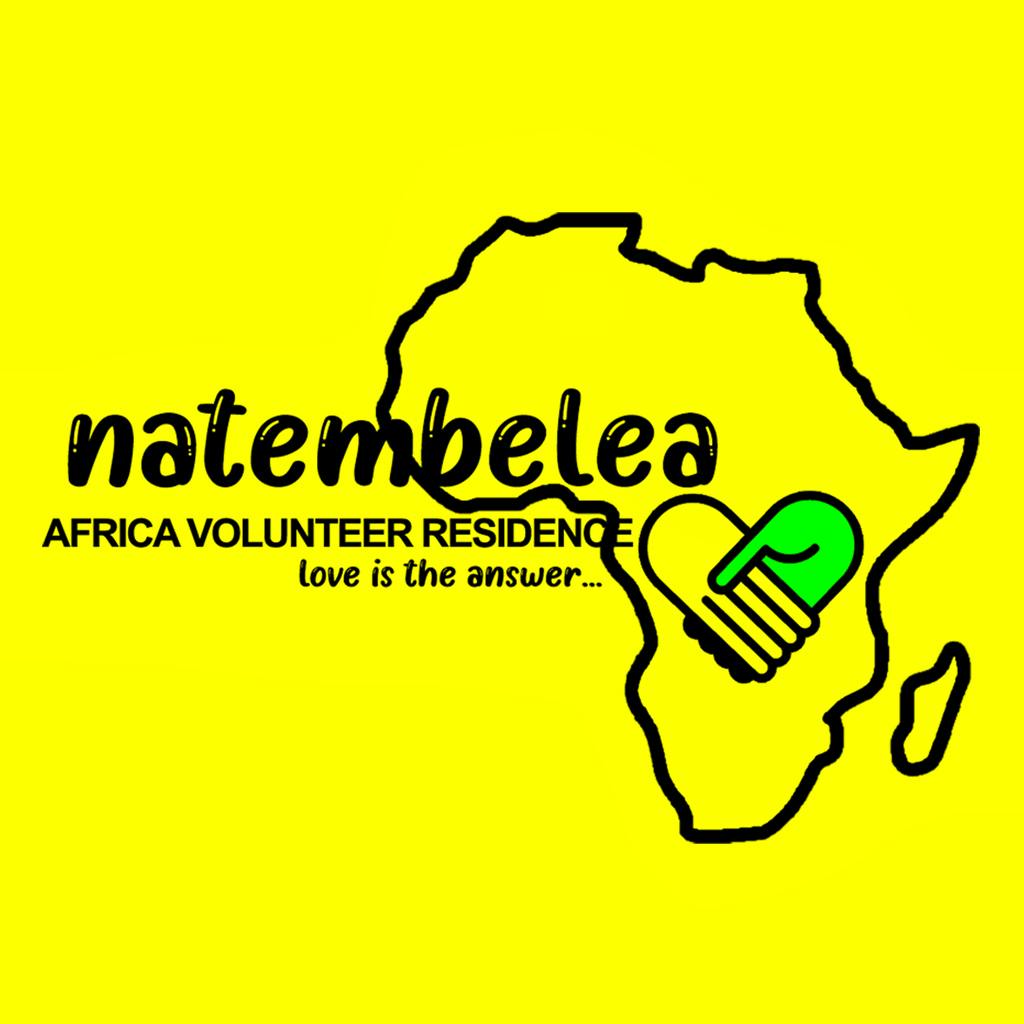

 4.6
4.6

